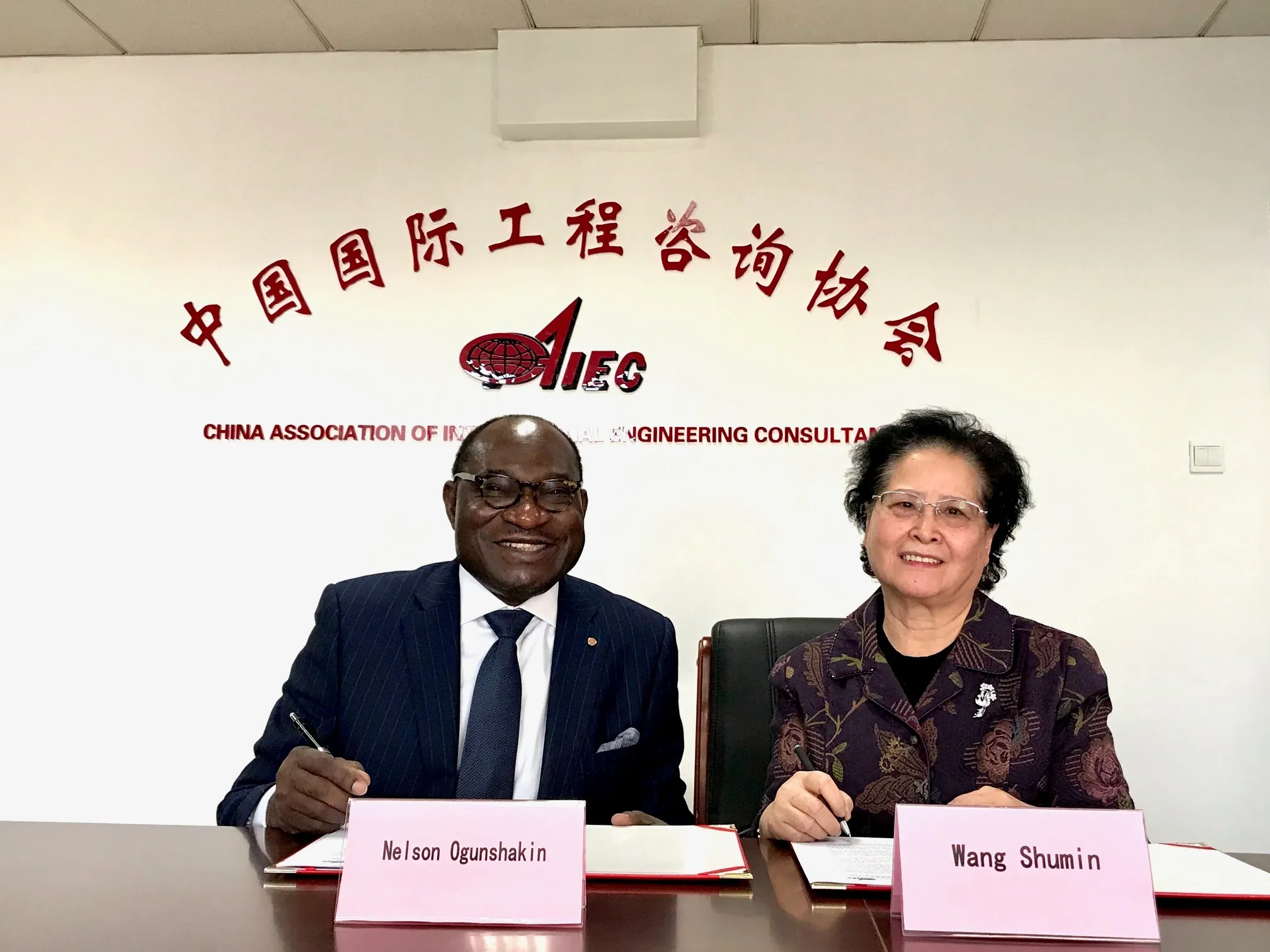Concerns have been expressed regarding procurement practices in Poland for large infrastructure projects. Ulrich Paetzold, director general of FIEC, the European Construction Industry said, "Polish engineers and contractors continue to be concerned about the procurement rules and practices in the country despite recent changes in the procurement regulations and contract conditions."
This comment followed a recent meeting between the FIEC and leading Polish consulting engineers and construction companies o
December 13, 2013
Read time: 2 mins
Concerns have been expressed regarding procurement practices in Poland for large infrastructure projects. Ulrich Paetzold, director general of FIEC, the European Construction Industry said, "Polish engineers and contractors continue to be concerned about the procurement rules and practices in the country despite recent changes in the procurement regulations and contract conditions."
This comment followed a recent meeting between the FIEC and leading Polish consulting engineers and construction companies organised in Warsaw. Frank Kehlenbach, director of1503 EIC, European International Contractors, added, "Whilst the recent PwC report on the state of the road construction industry depicts a rather bright picture of the way infrastructure development is handled by the Polish government and in particular by 1361 GDDKiA, consulting engineers and construction companies feel that further substantial improvement of the project and contract management is necessary."
The combination of poorly prepared tenders and unfairly modified FIDIC contract conditions, which do not comply with generally accepted international standards, has resulted in low efficiency of the national construction investment programmes and low socio-economic value. This in turn has led to massive litigation, bankruptcies and a loss of jobs in the construction sector. These developments also raise the risk of a negative impact on the image of Poland in the eyes of foreign investors, making the country less attractive for foreign direct investment.
FIEC and EIC are pressing the Polish government and contracting authorities to award public contracts on the criterion of the most economically advantageous tender, as foreseen in the new EU Procurement Directives, and to stop the current policy of shifting construction risk solely on to the industry.
This comment followed a recent meeting between the FIEC and leading Polish consulting engineers and construction companies organised in Warsaw. Frank Kehlenbach, director of
The combination of poorly prepared tenders and unfairly modified FIDIC contract conditions, which do not comply with generally accepted international standards, has resulted in low efficiency of the national construction investment programmes and low socio-economic value. This in turn has led to massive litigation, bankruptcies and a loss of jobs in the construction sector. These developments also raise the risk of a negative impact on the image of Poland in the eyes of foreign investors, making the country less attractive for foreign direct investment.
FIEC and EIC are pressing the Polish government and contracting authorities to award public contracts on the criterion of the most economically advantageous tender, as foreseen in the new EU Procurement Directives, and to stop the current policy of shifting construction risk solely on to the industry.






